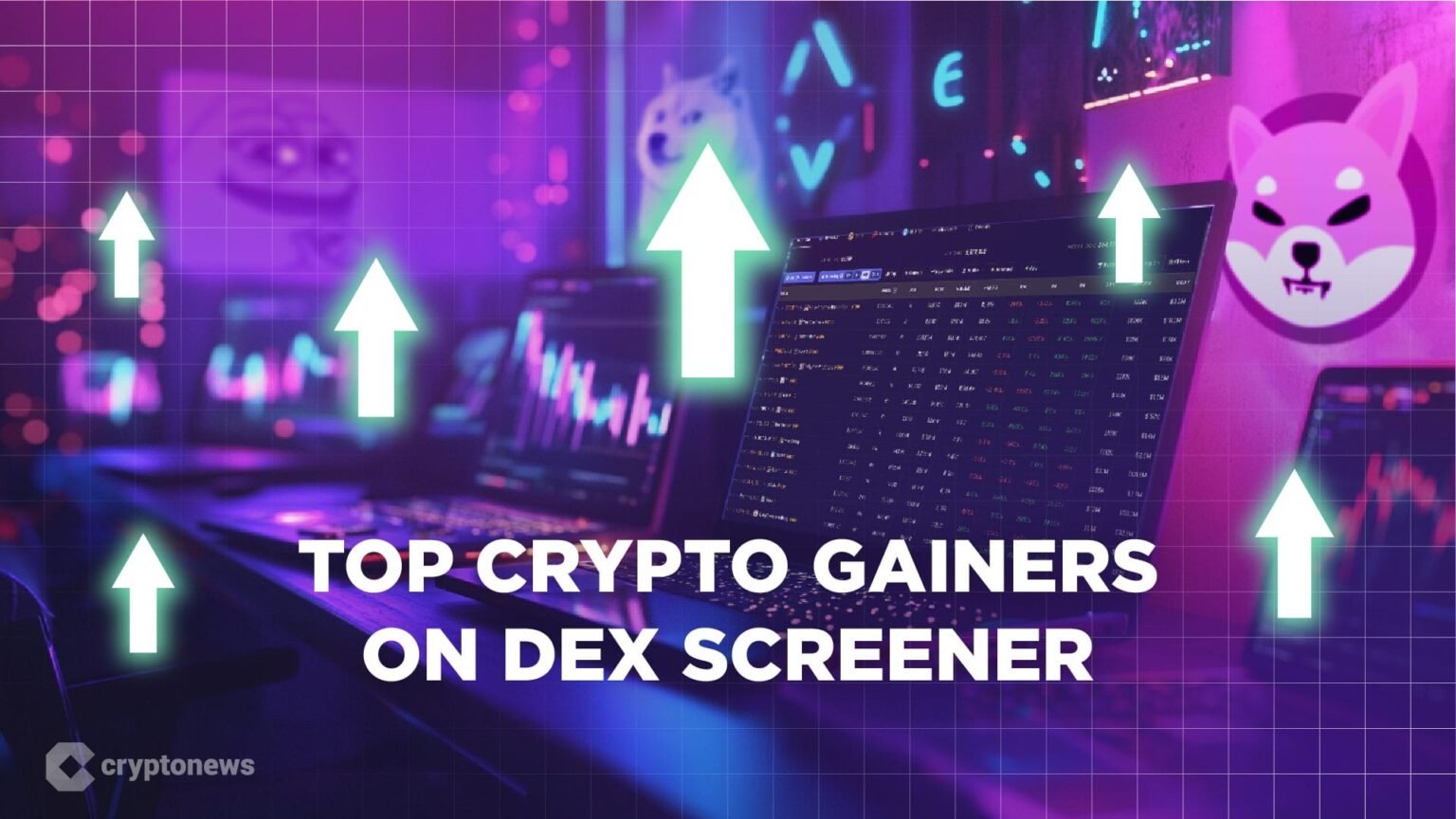Mt Gox, the now-defunct cryptocurrency exchange, has been in the news recently due to delays in the repayment process for users affected by its 2014 hack. This news has had a significant impact on the overall cryptocurrency market, with prices experiencing a notable increase following the announcement. Despite the delay in repayments, investors seem to be more optimistic about the future of cryptocurrencies as a whole.
However, despite the positive market reaction to the Mt Gox news, the top gainers in the cryptocurrency market today were all found in the decentralized exchange (DEX) markets. These decentralized platforms allow users to trade cryptocurrencies directly with one another, without the need for a centralized exchange to facilitate transactions. This decentralization has led to increased popularity for DEX platforms, with traders seeking alternatives to traditional exchanges.
The rise of decentralized exchanges can be attributed to a variety of factors, including concerns about security on centralized exchanges, as well as a desire for greater control over one’s own cryptocurrency holdings. Decentralized exchanges offer increased privacy and control over funds, as users retain ownership of their private keys and are not required to deposit funds onto a centralized platform. This level of control is appealing to many in the cryptocurrency community, leading to the growth of the DEX market.
In addition to the advantages of increased security and user control, decentralized exchanges also offer a wider range of trading options and support for a greater number of cryptocurrencies. This diversity in trading pairs and assets makes DEX platforms appealing to traders looking for more opportunities to diversify their portfolios or engage in niche markets. The ability to trade directly with other users also fosters a sense of community and collaboration within the cryptocurrency space.
Despite the positive growth and popularity of decentralized exchanges, challenges still remain for these platforms. Issues such as liquidity, user experience, and regulatory concerns continue to impact the DEX market and prevent it from reaching its full potential. However, as the demand for decentralized and peer-to-peer trading options continues to grow, developers and innovators are working to address these challenges and improve the overall user experience on DEX platforms.
Overall, the rise of decentralized exchanges in the cryptocurrency market represents a shift towards a more decentralized and user-controlled approach to trading and investing in digital assets. While traditional exchanges still play a significant role in the industry, the popularity of DEX platforms highlights the desire for increased security, control, and flexibility in the crypto space. As these platforms continue to evolve and improve, they have the potential to revolutionize the way people trade and interact with cryptocurrencies, paving the way for a more decentralized and democratic financial system powered by blockchain technology.

